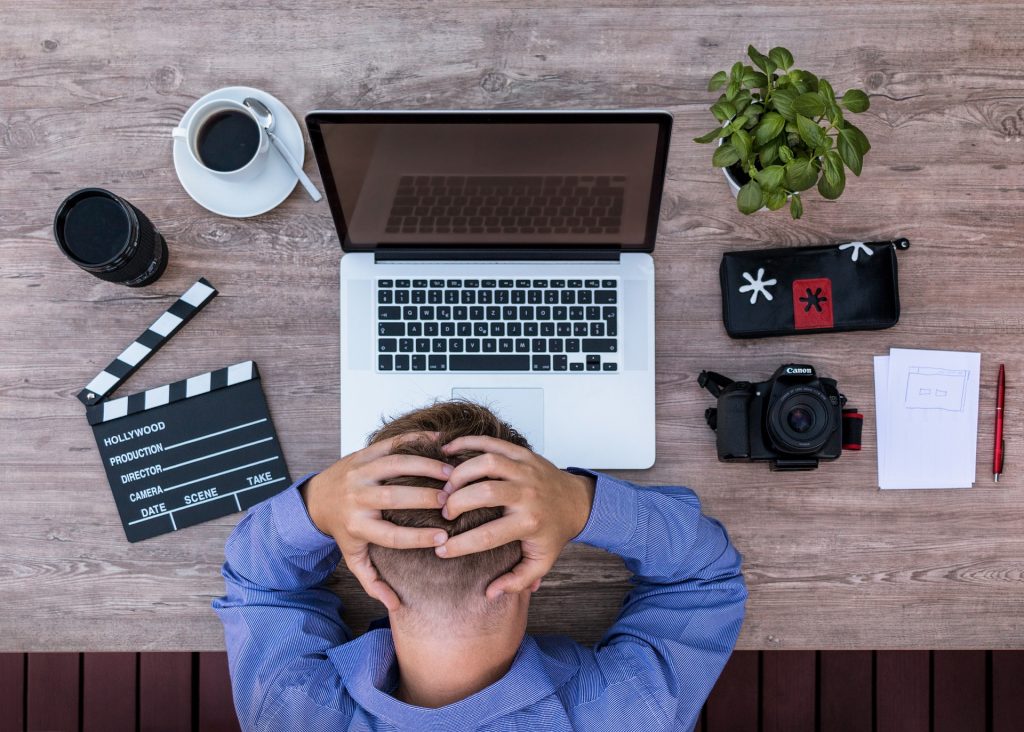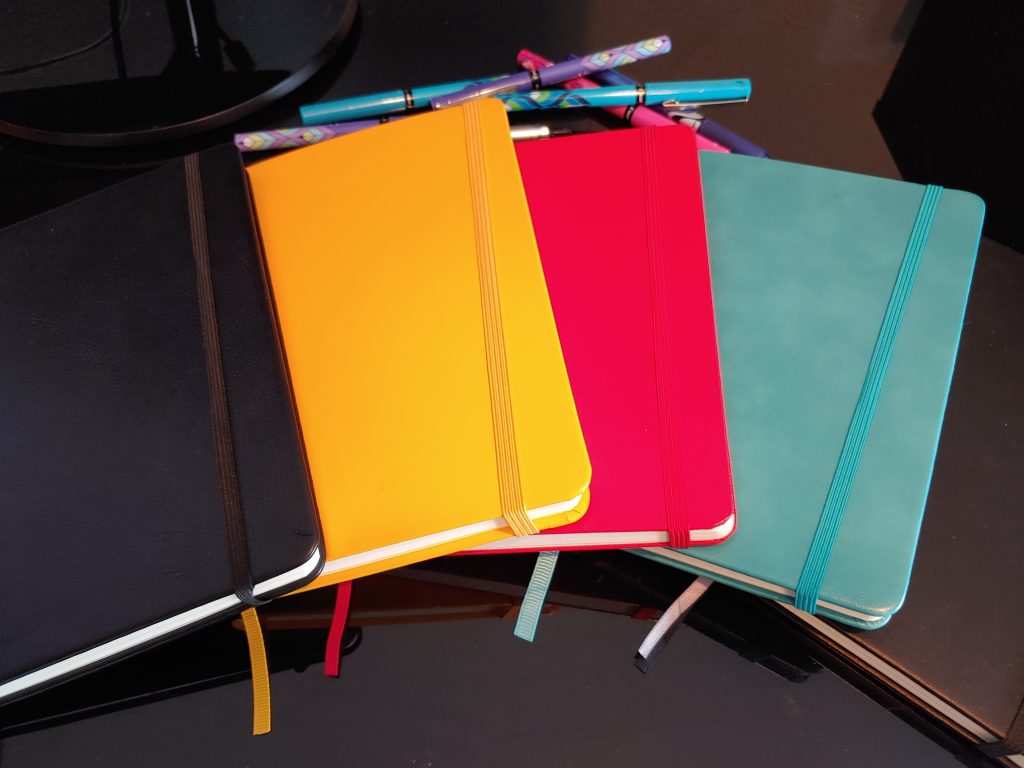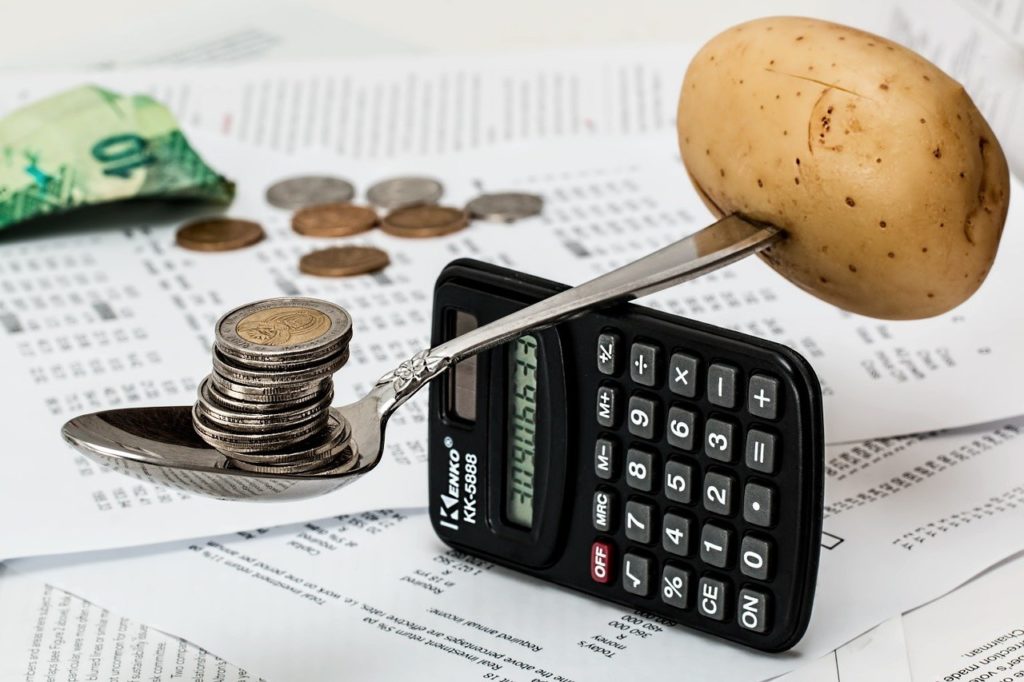Are Apologies Passé?

With this crazy fast digital world–not to mention the actions of many high profile celebrities and politicians–I’ve been pondering lately about apologies.
Mainly, should they still be part of our society, or are they a passé? Is it better to get in front of the controversy with a heartfelt mea culpa, or weather the short hurricane until the mob moves on to the next target?
Winning Friends and All of That
A few years ago, I realized that it was hard to be a good business advisor without reading along with the business community. Not all the popular business books are good, but having that base level commonality is important.
One of the supposedly timeless book I hadn’t yet gotten around to was Dale Carnegie’s “How to Win Friends and Influence People.” So I loaded it up on my phone and turned it on during my morning jog with the dog.
Only it turns out I got the wrong version. I got the updated “How to Win Friends & Influence People in the Digital Age,” whose 2011 publishing date feels almost as distant as the 1936 date of the original version.
About halfway through, author Brent Cole talks about the importance of apologies. He gives the example of Tiger Woods’ car crash (that was over a decade ago?!) and his denial followed by halfhearted apology as the wrong way to do it. Get in front of it instead! Show how human you are and people will see you as that, another imperfect being that needs forgiveness.
Apologize? I Did Nothing Wrong!
Public apologies were the order of the day for a while there this past decade. Few seemed heartfelt to at least this passive observer, with plenty of “I apologize IF.” Yeah, because that’s what everyone wants, a conditional apology. But the words were spoken, and people would move on.
Those seem to have mostly gone away. We’ll still get them every now and then, but it certainly feels like they’re fewer and fewer.
One that hit me during the middle of 2020 was an article after a certain sports figure apologized. The article specifically encouraged a policy of non-apology: “These things blow over in 48 hours.”*
Even more than that, we’re seeing plenty of people doubling down on their actions. They not only did nothing wrong, they’ll claim, but those demanding an apology are wrong.
(I’m sure some particular person comes to mind for you, Dear Reader, but I actually have a diverse range of somebodies in mind while writing this)
Moreover, taking that approach often doesn’t hurt them. We have not exactly become a forgiving culture recently, and doubling down so often further endears the person with fans BECAUSE the (often justifiably) offended continue to rage.
It’s honestly quite gross all the way around.
Yes, Apologize, But For the Right Reason
It does seem like apologies are passé. Which is tragic.
It’s not a huge surprise. Recognizing an error is hard. Really, really hard. Going up and publicly admitting that error is adding humiliation to that difficulty.
If you don’t believe your wrong, why issue that PR written word salad of an apology that will, best case scenario, get you to about where you would be if you just let it all blow over?
Which all means that we don’t need more apologies, but more humility. That’s certainly something that’s in desperately short supply, but seems like an especially scarce commodity today in the online world.
One of the hardest parts of social media is to realize that there are living, breathing human beings with opinions and feelings reading what we vomit from our fingers and cell phone videos. If we recognize before we post that what we’re posting could be needlessly hurtful, we probably shouldn’t post it in the first place. And if we missed that step, we need to recognize the consequences and fess up to our mistakes.
Apologize Small, Apologize Big
All of this hopefully sounds nice, but I realize that it’s so much easier to do in theory than in practice.
2020 has been a tense year for many. One of the biggest issues for me has been having the children home all the time. I love my kids. But it turns out that them being their own living, thinking people has, from time to time, brought us in conflict.
I’ve gotten frustrated. And as much as I’d like to footnote it “what parent hasn’t,” that doesn’t change the fact that it’s me who is saying things I probably shouldn’t have said.
When I do eventually cool down, I try really hard to make a point of apologizing to whichever child.
It’d obviously be better to stay calm in the first place. But apologizing is the least I can do. And often it helps remind me to stay calmer the next time.
Is this different than apologizing to an online mob coming for my head? Absolutely. But if I can’t even muster a little humility to those closest to me that I love unconditionally, how can I ever have it for the millions of strangers around the globle?
Fortunately, most typical people will never have to do the level of public apology we see coming from the big names. But apologizing should still be part of our regular life, no matter who we are.
This One’s For You
An apology, a real apology, may or may not help the other person get past your mistake. You honestly have no control over that. What it will do is help you be a better person going forward, and (hopefully) stop hurting people along the way.
*For credit purposes, the article is here, though I purposefully didn’t link to it above because (a) I’m not trying to make a specific political point and (b) I know I’m taking what’s being said a little out of context.





